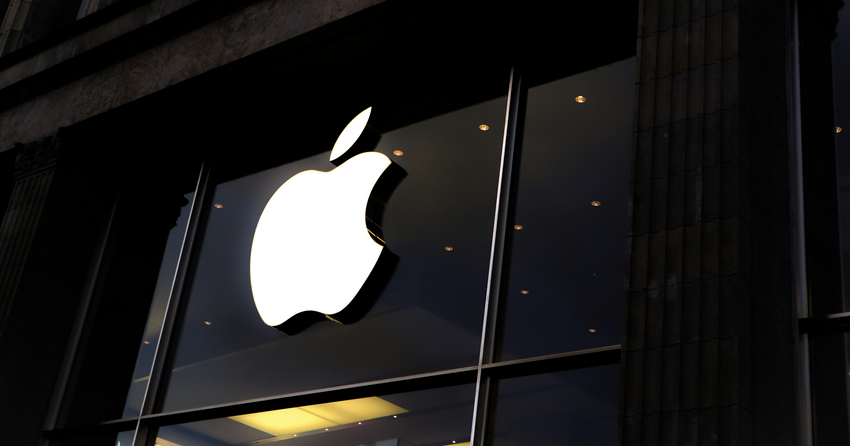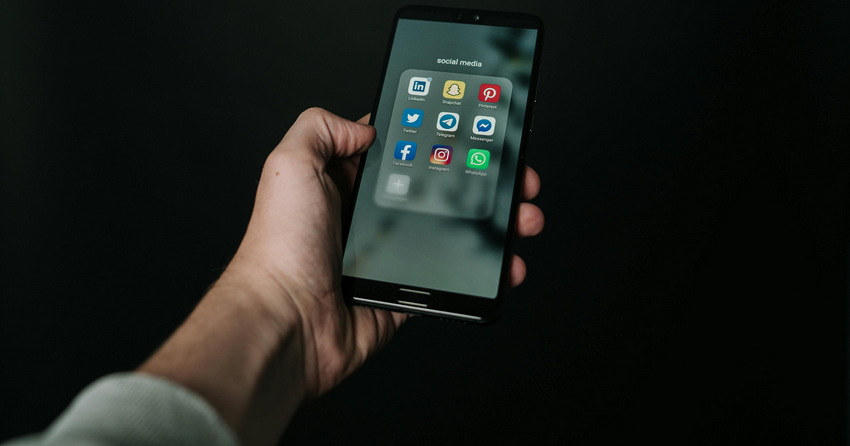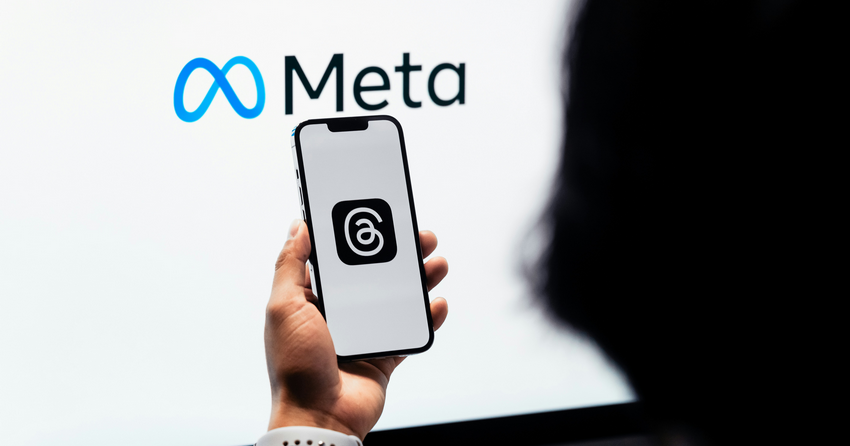
China Denies iPhone Ban
The Wall Street Journal reported early September that China has banned the use of iPhones and other foreign-branded phones for workers employed at central government agencies.
Unnamed sources claim that over the past few weeks, staff were informed about the ban over email and chats.
A week following the report, Ministry of Foreign Affairs spokesperson Mao Ning responded in a press conference in Beijing that no such ban exists. She went on to say that the Chinese government has “always been open to foreign companies and welcome them to seize the opportunities and share the fruits of China’s economic development.”
The initial report of the ban caused Apple stocks to drop by 3.6%. The Chinese market is one of Apple’s largest foreign markets and represents roughly 19% of its overall revenues.
While the exact situation related to the ban is unclear, it would not be surprising if China responds to US bans on Chinese technology with a like-for-like policy. The US has restrictions in place regarding the use of Huawei Technologies and China-backed app TikTok.
There could be two reasons why the Chinese government enacted the ban. It may be looking to protect its national interests and has fears of Chinese officials leaking personal data outside the country, or it may be looking to protect its economic interests by encouraging citizens to buy Chinese-made technologies.
Such restrictions are not new in China. In 2021, for example, the Chinese government restricted military staff and employees from using Tesla vehicles over concerns about the data that the cars gather posing a security risk.
Apple holds strong ties to China as many of Apple’s products are assembled in China. Through Apple’s contracts with manufacturers and suppliers, the tech giant generates millions of jobs in China.
To protect that supply chain and its business, Apple has always complied with China’s restrictive laws on digital access, removing thousands of apps from its app store in China that the Chinese government deems illegal. It has also built data centers locally in China to adhere to Chinese regulations of keeping user data within the country.













